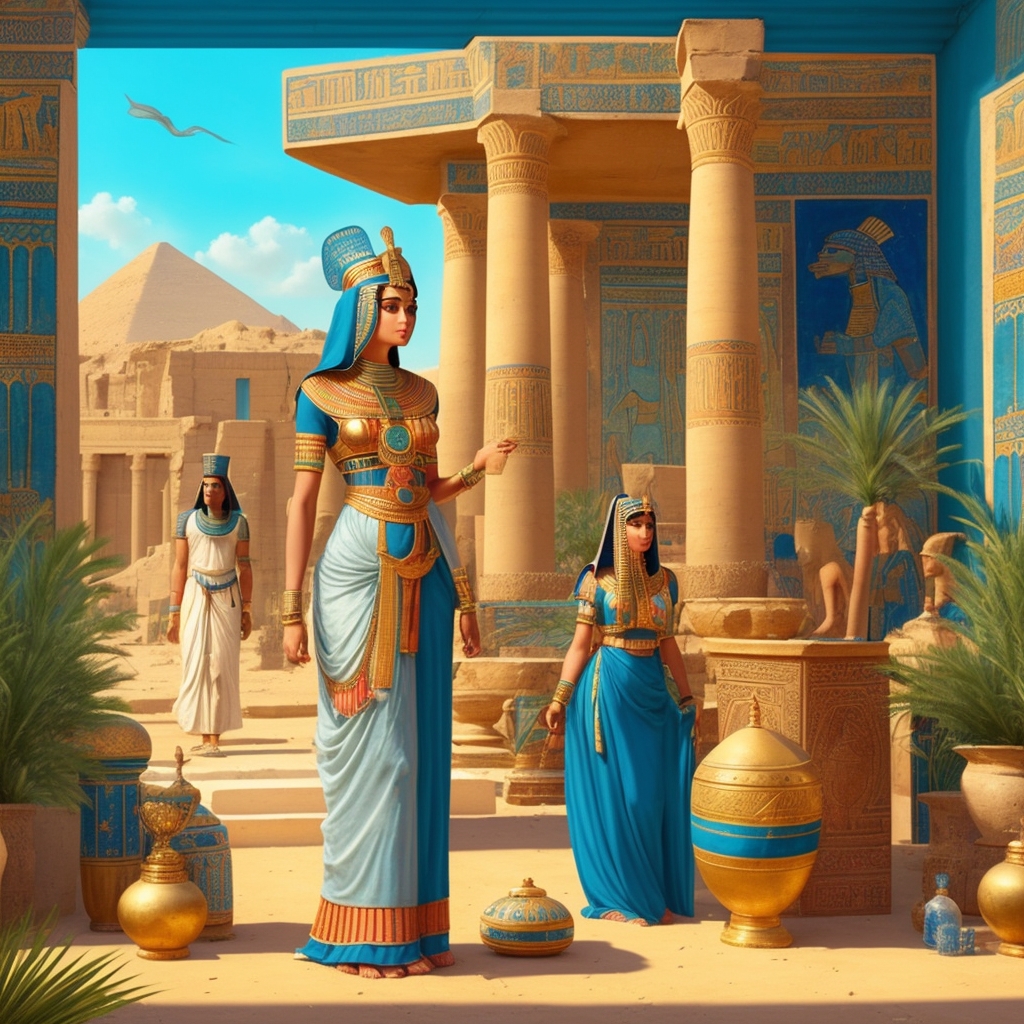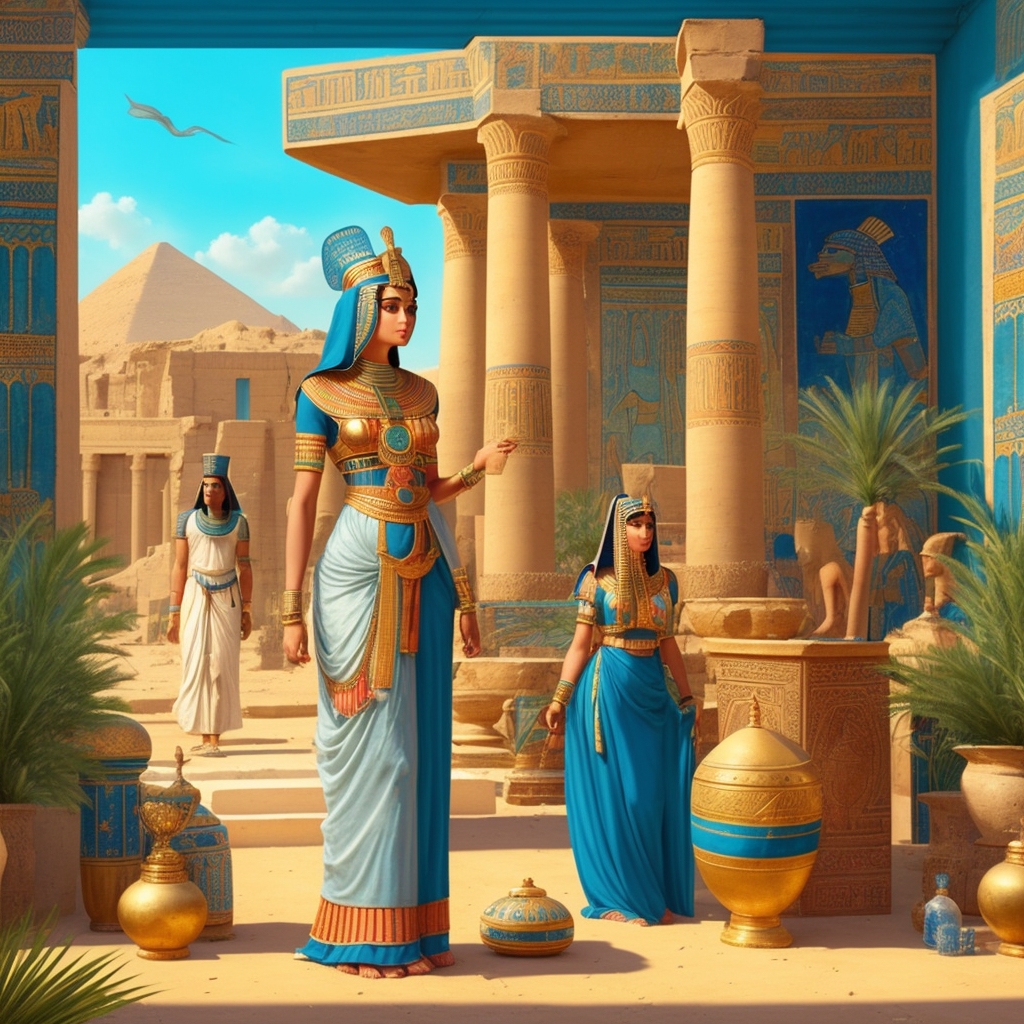Ancient Greece, often hailed as the cradle of Western philosophy, has undeniably left an indelible mark on modern civilization. What’s truly fascinating is how these Greek thinkers didn’t just lay the foundations of critical thinking; they meticulously shaped disciplines that continue to profoundly influence our politics, science, technology, and even our most fundamental sense of morality today. From the rigorous pursuit of logic to the revolutionary concept of democracy, from the nuanced exploration of ethics to the grand questions of metaphysics, Greek philosophy has etched a lasting imprint that still defines our understanding of the world. The intellectual revolution that began in the ancient city-states of Greece approximately 2,600 years ago continues to reverberate through every aspect of contemporary life, from the algorithms that power our smartphones to the ethical frameworks that guide medical decisions in modern hospitals. In this article, we’ll dive deep into how these ancient ideas have not only shaped our present but continue to resonate powerfully into the future.
The Enduring Pillars: Logic and Reason
Logic, universally understood as the systematic art of correct reasoning, finds its undeniable genesis in Ancient Greece. Here’s what caught my attention: it wasn’t just an abstract concept. Figures like Aristotle, for instance, didn’t just ponder; he meticulously established the basic principles of formal logic, which, quite remarkably, remain fundamentally relevant across a staggering array of fields, including advanced mathematics and the very core of computer science. The precision with which these ancient thinkers approached reasoning created a methodological framework that would prove so robust that it survived the fall of empires, the rise of new civilizations, and countless technological revolutions.
Aristotle’s Groundbreaking Contributions
Aristotle truly revolutionized thought with his development of the syllogism – a powerful form of logical reasoning that allows for a precise conclusion to be drawn from two given premises. His extensive work didn’t just provide a framework; it profoundly laid the intellectual foundations for rigorous scientific inquiry and rational argumentation, influencing countless medieval scholars and, surprisingly, even contemporary thinkers. It’s a testament to his genius that his structures are still so potent. Consider his famous example: “All men are mortal; Socrates is a man; therefore, Socrates is mortal.” This seemingly simple structure became the backbone of Western reasoning, establishing patterns of thought that would later influence everything from legal argumentation to scientific hypothesis testing. Aristotle’s Organon, a collection of six works on logic, established categories of thought that modern cognitive scientists still reference when studying how the human mind processes information and draws conclusions.
Logic’s Unseen Hand in the Modern World
Think about it: today, Aristotelian logic isn’t just confined to philosophy textbooks. It’s woven into the very fabric of our digital existence, underpinning countless algorithms and programming languages. Consider the conditional structures (like “if-then” statements) and loops that drive modern software – they are, at their heart, direct descendants of these ancient logical principles. It’s a powerful reminder that abstract thought can have incredibly tangible, real-world applications. Modern artificial intelligence systems, from the recommendation algorithms on streaming platforms to the diagnostic tools used in medical imaging, rely fundamentally on logical structures that trace their lineage directly back to Aristotelian principles. Boolean algebra, which forms the mathematical foundation of computer science, operates on the same binary logical principles that Aristotle first systematized over two millennia ago. Even the search engines we use daily employ logical operators – AND, OR, NOT – that mirror the categorical thinking Aristotle pioneered in his analysis of valid reasoning patterns.
Democracy’s Ancient Roots and Modern Branches
Ancient Greece is, of course, also celebrated for its monumental contributions to the development of democracy. Athens, in particular, stands out as a pioneering example of direct democracy, where its citizens weren’t just subjects; they actively participated in political decisions. This was, quite frankly, revolutionary for its time. The Athenian experiment in democratic governance emerged in the 5th century BCE under the leadership of reformers like Cleisthenes, who restructured Athenian society to prevent the concentration of power in the hands of aristocratic families and instead distributed political authority among the citizenry.
The Athenian Experiment
While Athenian democracy was, admittedly, limited to free male citizens – a significant caveat by today’s standards – it nevertheless sparked profound, fundamental questions about civic participation, governance, and the very nature of collective decision-making. Both Plato and Aristotle, often seen as philosophical rivals, extensively debated the inherent strengths and potential weaknesses of democracy, shaping political thought for millennia to come. Their discussions still resonate in our current political discourse. The Athenian ekklesia, or popular assembly, where citizens gathered to debate and vote on matters of public policy, established precedents for legislative bodies that persist in modern parliaments and congresses worldwide. The practice of ostracism, whereby citizens could vote to temporarily exile political figures who threatened democratic institutions, prefigured modern concepts of checks and balances designed to prevent the concentration of power. Aristotle’s detailed analysis in his Politics of different governmental forms – democracy, oligarchy, monarchy, and their various combinations – provided a taxonomical framework that political scientists still employ when categorizing and analyzing contemporary political systems.
A Living Legacy in Our Governments
The core principles forged in Athenian democracy continue to profoundly influence modern political systems across the globe. Concepts that we now take for granted, such as voting rights, the crucial separation of powers within government, and the absolute necessity of robust public debate, all originated in this vibrant ancient period. It’s a powerful lineage, isn’t it? The Athenian practice of selecting public officials through lottery systems has found renewed interest among contemporary political theorists exploring alternatives to traditional electoral processes. Modern concepts of citizenship, civic duty, and public service trace their philosophical foundations to Greek ideas about the relationship between individuals and the state. The notion that political authority derives from the consent of the governed – a principle enshrined in documents from the Magna Carta to the United States Constitution – reflects the Greek innovation of viewing government as a collective enterprise rather than the divine right of rulers.
Navigating Life’s Compass: Ethics and Morality
Beyond logic and politics, Greek philosophers also deeply wrestled with ethical questions, constantly striving to understand what truly constitutes a good, just, and ultimately, a flourishing life. The Greek concept of eudaimonia, often translated as happiness or flourishing, represented a sophisticated understanding of human well-being that went far beyond momentary pleasure or material success. This holistic approach to ethics considered the development of character, the cultivation of virtue, and the pursuit of excellence in all aspects of human activity.
Socrates: The Unyielding Questioner
Socrates, widely revered as the father of ethical philosophy, didn’t offer easy answers. Instead, he passionately encouraged radical self-examination and relentless moral questioning. His famed Socratic method, built on incisive dialogue and persistent interrogation, remains an incredibly powerful and surprisingly effective educational tool, pushing individuals to think critically for themselves. The Socratic paradox – “I know that I know nothing” – established intellectual humility as a cornerstone of genuine wisdom, a principle that continues to guide scientific inquiry and philosophical investigation. Socrates’ commitment to his principles, demonstrated by his willingness to accept death rather than abandon his philosophical mission, established a model of moral courage that has inspired countless individuals throughout history. His systematic approach to examining fundamental concepts like justice, courage, and piety through careful questioning revealed the complexity underlying seemingly simple moral concepts, a methodology that remains central to contemporary moral philosophy and ethical analysis.
The Ever-Present Impact on Contemporary Conundrums
Fast forward to today, and you’ll find that our contemporary ethical debates – whether in the complex realms of bioethics, the intricacies of law, or the urgent pursuit of social justice – consistently rely on the foundational frameworks laid by these Greek philosophers. Modern disciplines such as moral philosophy and applied ethics owe an immeasurable debt to the profound reflections of Socrates, Plato, and Aristotle. They truly set the stage for how we grapple with moral dilemmas. Aristotle’s Nicomachean Ethics continues to influence contemporary discussions about virtue ethics, providing frameworks for understanding moral character that psychologists and ethicists employ in analyzing everything from professional conduct to personal development. The Greek distinction between different types of knowledge – episteme (theoretical knowledge), techne (practical skill), and phronesis (practical wisdom) – remains relevant in contemporary discussions about expertise, professional judgment, and moral decision-making in complex situations. Modern medical ethics, business ethics, and environmental ethics all draw upon Greek concepts of virtue, responsibility, and the relationship between individual actions and collective well-being.
The Metaphysical Foundation: Understanding Reality Itself
Greek philosophers didn’t limit themselves to practical concerns; they also grappled with fundamental questions about the nature of reality, knowledge, and existence. Plato’s theory of Forms proposed that beyond our physical world of appearances lies a realm of perfect, eternal ideas that serve as the true reality underlying all phenomena. This metaphysical framework profoundly influenced not only subsequent philosophical thought but also the development of mathematics, science, and even theology. The Platonic emphasis on abstract reasoning and the search for universal truths established intellectual traditions that continue to shape academic disciplines across the spectrum of human knowledge.
The Academy and the Lyceum: Institutional Innovation
The educational institutions founded by Plato and Aristotle – the Academy and the Lyceum respectively – established models for higher learning that persist in modern universities. These weren’t merely schools in the contemporary sense; they were comprehensive research institutions where scholars engaged in systematic investigation across multiple disciplines. The Academy’s emphasis on mathematical reasoning and philosophical dialogue, combined with the Lyceum’s focus on empirical observation and systematic classification, created complementary approaches to knowledge that continue to characterize the tension between theoretical and applied research in modern academia. The very concept of the university as a place where diverse fields of study coexist and inform one another reflects the Greek vision of knowledge as an interconnected whole rather than a collection of isolated specializations.
Concrete Examples and Enduring Use Cases
Let’s look at some tangible ways these ancient ideas manifest today:
-
Education: Modern teaching methodologies, particularly those that emphasize active learning through questioning and critical dialogue, are direct descendants of the Socratic method. It’s not just rote memorization; it’s about thinking. Law schools worldwide employ Socratic questioning to train future attorneys in rigorous analysis and argumentation. Medical schools use case-based learning that mirrors the Greek approach of examining particular instances to understand universal principles.
-
Computer Science: Aristotle’s formal logic isn’t just academic; it’s absolutely foundational to the design and function of countless computer algorithms, vividly illustrating philosophy’s often-underestimated role in cutting-edge technology. Machine learning algorithms employ logical structures for pattern recognition and decision-making that directly descend from Greek logical principles. Database query languages use Boolean operators that reflect Aristotelian categorical thinking.
-
Governance: While far more inclusive, contemporary democratic structures are, in essence, deeply inspired by the political systems and philosophical debates of Ancient Greece. We’re still refining their initial bold experiments. Modern concepts of constitutional democracy, judicial review, and the rule of law all reflect Greek innovations in thinking about legitimate political authority and the protection of individual rights within collective decision-making processes.
-
Scientific Method: The Greek emphasis on systematic observation, logical reasoning, and the search for universal principles laid the groundwork for modern scientific methodology. Aristotle’s biological classifications provided frameworks that influenced taxonomic systems well into the modern era, while Greek mathematical reasoning established standards of proof and logical rigor that remain central to scientific investigation.
-
Therapeutic Practices: Modern psychotherapy, particularly cognitive-behavioral approaches, employs Socratic questioning techniques to help individuals examine their beliefs and assumptions. The Greek concept of catharsis – emotional purification through experience – continues to influence therapeutic practices and artistic expression.
Key Principles and Best Practices for Modern Living
The wisdom of the Greeks isn’t just historical; it offers practical guidance for navigating contemporary challenges:
-
Embrace Logical Reasoning: Cultivate and utilize solid logical structures, directly inspired by Greek philosophy, to methodically approach and solve even the most complex problems. It’s about clarity of thought. This involves learning to identify logical fallacies, construct valid arguments, and distinguish between correlation and causation in analyzing information and making decisions.
-
Champion Open Debate: Actively promote and participate in environments where questioning, critical thinking, and open dialogue are not just allowed but actively encouraged, truly following the spirit of the Athenian tradition. This means creating spaces for respectful disagreement, seeking to understand opposing viewpoints, and maintaining intellectual humility in the face of complex issues.
-
Anchor Your Ethics: Apply clear, well-defined ethical principles in both your personal and professional life, drawing directly from the timeless teachings of the Greek masters. It provides a moral compass. This involves regular self-examination, consideration of the broader consequences of individual actions, and the cultivation of virtues like courage, justice, temperance, and wisdom.
-
Pursue Holistic Excellence: Embrace the Greek concept of arete (excellence or virtue) by striving for excellence not just in professional achievements but in character development, relationships, and contribution to community well-being.
-
Practice Intellectual Humility: Follow Socrates’ example by acknowledging the limits of your knowledge and remaining open to learning and growth throughout life.
The Continuing Evolution of Greek Ideas
The influence of Greek philosophy extends beyond direct applications to encompass the very methods by which we approach knowledge and understanding. The Greek innovation of systematic inquiry – asking fundamental questions about the nature of reality, knowledge, and value – established intellectual traditions that continue to evolve and adapt to new circumstances. Contemporary philosophers still grapple with questions first posed by the Greeks: What is justice? What constitutes knowledge? How should we live? What is the relationship between individual and society?
Modern developments in neuroscience, artificial intelligence, and quantum physics have provided new contexts for ancient philosophical questions, but the fundamental frameworks for approaching these questions remain rooted in Greek innovations. The ongoing dialogue between empirical investigation and rational analysis, between theoretical understanding and practical application, reflects the complementary approaches pioneered by different schools of Greek thought.
Frequently Asked Questions
How has Greek philosophy profoundly influenced modern education?
The Socratic method, which fundamentally encourages rigorous questioning and critical dialogue, is still extensively used in modern education to powerfully develop students’ critical thinking skills. It’s about empowering independent thought. Beyond the Socratic method, Greek educational ideals emphasizing the development of both intellectual and moral character continue to influence educational philosophy. The concept of paideia – comprehensive education aimed at cultivating good citizenship and human flourishing – remains relevant in contemporary discussions about the purposes and methods of education.
Who are considered the most influential Greek philosophers?
Socrates, Plato, and Aristotle are undoubtedly among the most influential, each making incredibly significant and distinct contributions to various, often interconnected, areas of philosophy. Their impact is truly unparalleled. However, other Greek thinkers like Heraclitus, Parmenides, Democritus, Epicurus, and the Stoics also made lasting contributions that continue to influence contemporary thought. The pre-Socratic philosophers established many of the fundamental questions that subsequent thinkers would explore, while Hellenistic schools like Stoicism and Epicureanism provided practical philosophies for living that remain popular today.
Why is Ancient Greece often considered the very cradle of Western philosophy?
Ancient Greece wasn’t just a place; it was the place where philosophy truly blossomed as a distinct, rigorous discipline, exploring fundamental questions about life, ethics, knowledge, and existence in a systematic way for the first time. The Greeks pioneered the transition from mythological explanations of natural phenomena to rational inquiry based on observation and logical reasoning. They established the fundamental categories and methods of philosophical investigation that continue to structure intellectual inquiry across multiple disciplines.
What lasting impact did Greek philosophy have on modern politics?
Athenian democracy, despite its limitations, laid the essential groundwork for many modern governance systems, introducing pivotal concepts such as civic participation, the rule of law, and the crucial separation of powers. Greek political philosophy also contributed concepts of natural law, constitutional government, and the idea that political authority should serve the common good rather than private interests. The Greek analysis of different forms of government and their respective strengths and weaknesses continues to inform contemporary political science and constitutional design.
Is Greek philosophy still genuinely relevant today?
Absolutely. The foundational ideas and frameworks established by Greek philosophers continue to profoundly influence modern thought across an astonishing range of fields, from cutting-edge science and complex political theory to everyday ethics. Their relevance hasn’t diminished. In fact, as we face new challenges related to artificial intelligence, global governance, environmental sustainability, and biotechnology, Greek philosophical frameworks provide essential tools for thinking through the ethical, political, and metaphysical dimensions of these contemporary issues.
How do Greek philosophical concepts apply to modern technology and artificial intelligence?
Greek logical principles form the foundation of computer programming and artificial intelligence systems. Aristotelian logic underlies Boolean algebra and algorithmic thinking, while Greek ethical frameworks help us grapple with questions about the moral implications of AI, automation, and digital privacy. The Greek emphasis on systematic classification influences database design and machine learning approaches to pattern recognition.
Conclusion
Ancient Greek philosophy has, without question, bequeathed a monumental and enduring legacy that continues to profoundly shape the modern world. By meticulously establishing the very foundations of logic, ethics, and politics, seminal thinkers like Aristotle, Plato, and Socrates didn’t merely transform their own era; they painstakingly laid the intellectual groundwork for virtually all modern Western thought. As we continue to navigate an increasingly complex and interconnected world, the timeless lessons drawn from Ancient Greece remain absolutely essential for understanding, analyzing, and ultimately addressing contemporary challenges. The Greek innovation of systematic rational inquiry, combined with their profound insights into human nature, political organization, and moral development, provides enduring resources for anyone seeking to understand the world and their place within it. Their influence extends far beyond academic philosophy to encompass the fundamental structures of thought, governance, and ethical reasoning that define contemporary civilization. For those eager to delve deeper, the Stanford Encyclopedia of Philosophy offers a truly comprehensive and authoritative overview of Greek philosophy and its unparalleled impact.







